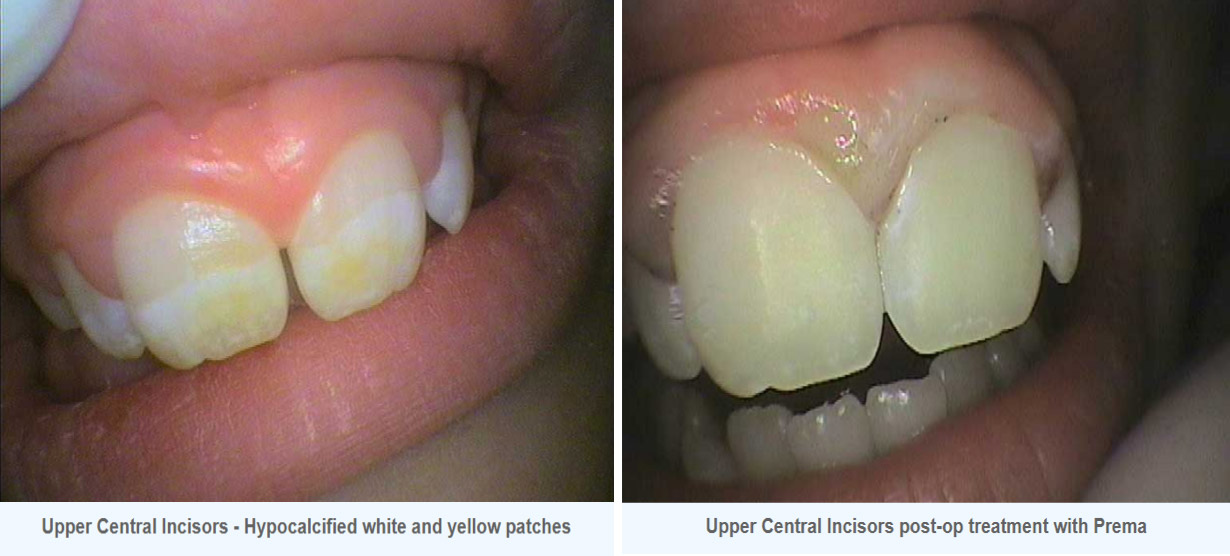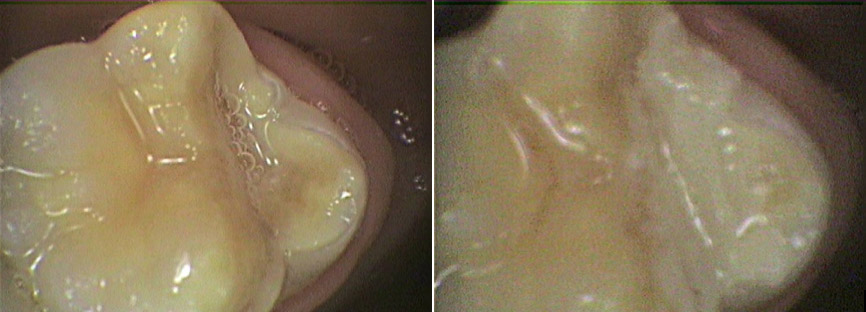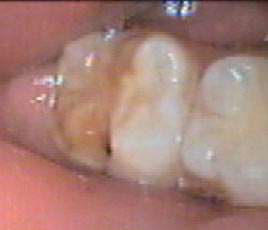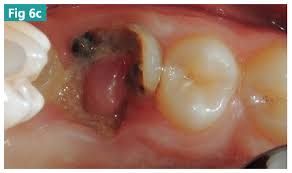Treatment of Enamel Defects (Hypoplasia and Hypo-calcification) Blog Series
Is the quality of the tooth forming complete? Some genetic conditions may cause the enamel to not form at all. Illness or trauma while a tooth is forming may cause improper formation of the tooth leading to patches of poor quality enamel.
As these defects mean a weakening of the enamel constant monitoring is needed. The defective enamel is more porous and weaker in strength. Over time normal activity can wear this weaken tooth material. Regular monitoring is very important; therefore treatment involves the following:
- Prevention
- Early intervention
- Restoration – difficult to bond materials
- More extensive treatment – crowns
- Other options – more severe cases
The blogs explain what the defects are and how they are caused. The types of treatment or stages as set out in the list above are found in the blog list below.
Remember these defects are life long and need to be monitored and managed properly otherwise life can become “complicated” and messy. Keeping it simple is better!
What are enamel defects?
Prevention
Early Intervention

Restoration – difficult to bond materials

More extensive treatment – crowns

Other options – more severe cases

Need an Appointment?
If you’d like to book an appointment with the dentist at Seymour Dental then call us in Dulwich Hill, Sydney on (02) 9564 2397 or
contact us
Next week
Need a Mouth Prop?